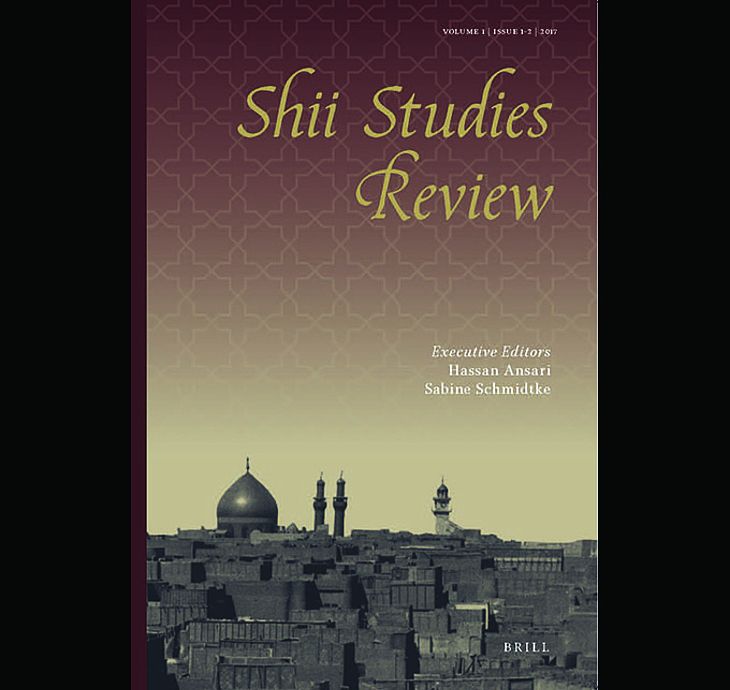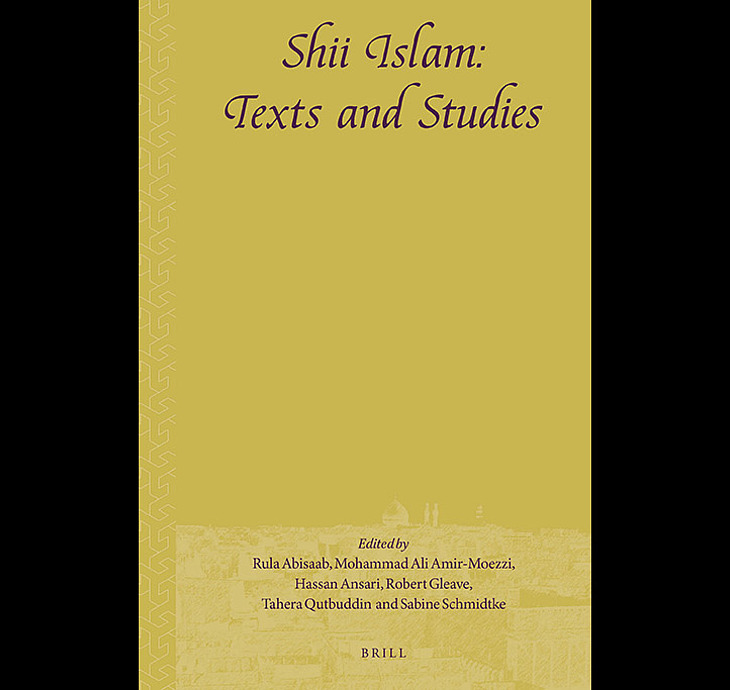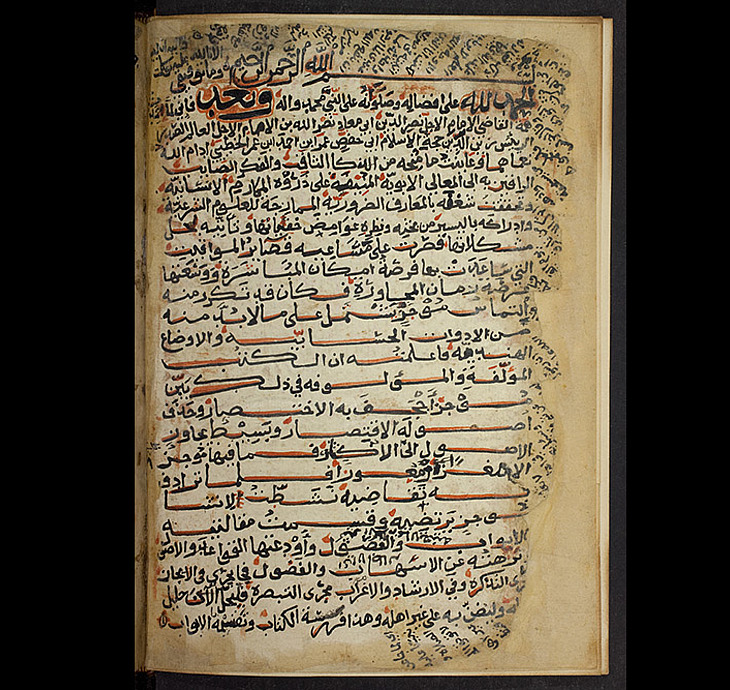
Shii Studies Research Program
Unlike other, "mainstream" fields of Islamic studies, the scholarly exploration of Shiism began late and evolved slowly, an observation that applies, with some variations, to all three major subdivisions of Shiism—Zaydism, Ismailism and Twelver Shiism. One reason for the late and reluctant evolvement of Shii Studies was that the pioneers of Islamic studies in Europe were confined to a limited—and biased—range of sources when it came to the study of Shiism. Most of the works they were able to access came from places such as Istanbul and Cairo—important intellectual centers of Sunnism, where Shii texts were the exception—while the rich holdings of the libraries of Persia, the main repository for the religious-intellectual traditions of Twelver Shiism and Ismailism, were for a long time out of reach for Western scholarship, as was the case with the libraries of Yemen with their collections of Zaydi works. Unable to consult works by Shii authors first hand, Western scholars were exposed to the biased image of Shiism as presented in Sunni sources which they took at face value. The resulting overall negative image of Shiism prompted scholars to exclude this important branch of Islam from their scholarly endeavours, even when a lack of sources was no longer an issue. Moreover, although an ever growing number of scholars are nowadays engaged in the study of Shiism, there is up until now next to no institutional support for Shii Studies within the academic landscape of North America or Europe—be it in the form of a chair or university position or a research institution specifically devoted to Shii Studies.
To help remedy this situation, the School of Historical Studies has received a three-year, $500,000 grant from Carnegie Corporation of New York to explore and elevate the understanding of Shii studies (2016 through 2019). The grant will support two research positions in the School of Historical Studies and create a themed annual conference and workshop aimed at leading scholars in the field. The long term goal of the project funded by Carnegie Corporation is to build a collaborative research and teaching structure focused on Shii Islam with a partner institution, to be identified, in the United States.
In an attempt to make a distinctive contribution to current scholarship on Shiism and its integration into the broader field of Islamic studies a peer-reviewed journal, Shii Studies Review (published by Brill, Leiden), was established, an international scholarly forum for research on Shiism with the goal of contributing to the discovery and examination of different intellectual traditions throughout the history of Shiism. Shiism as a field of academic inquiry is to be understood in the broadest sense here—the journal is dedicated to the study of Imami, Ismaili, Zaydi, and other trends related to Shii thought throughout history, up until the contemporary period. Taking an expansive view of the richly variegated Shii traditions in both thought and practice and their cultural and social contexts, the journal aims to serve as outlet publication venue for original studies, critical editions of classical and pre-modern texts, and book reviews on Shii law, hadīth, Qurʾānic exegesis, philosophy, kalām, ritual and practices, classical and contemporary literature, and other aspects of the history of Shiism.
In addition to this, a book series specifically devoted to the study of Shiism has recently been launched by Brill, Leiden, "Shii Islam: Texts and Studies", which publishes original studies on all aspects of the history of Shiism, critical editions of classical and pre-modern texts, as well as collective volumes on Shii themes.
Support for the Shii Studies Research Program is provided in part by a generous grant from the Carnegie Corporation of New York.



